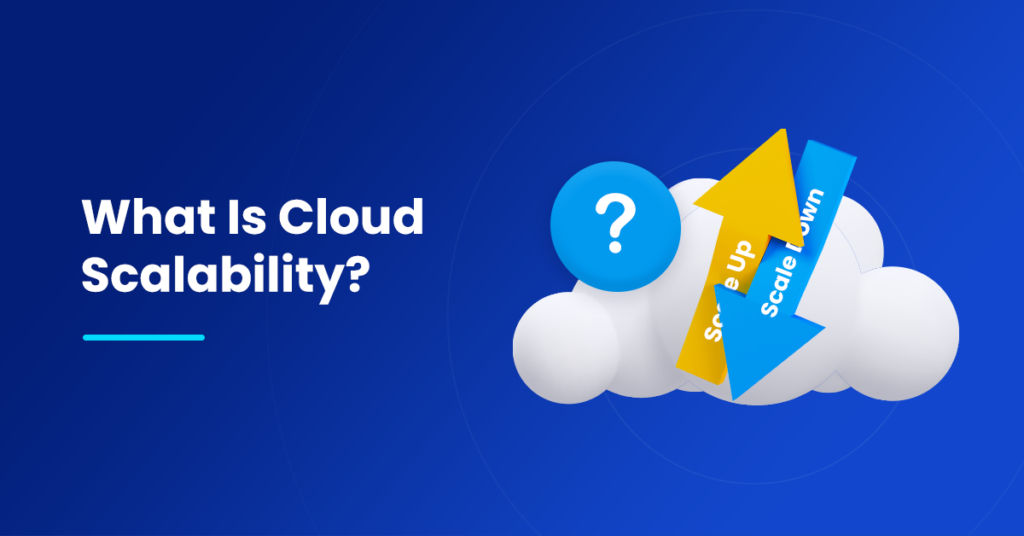Cloud Solutions
Cloud Solution
Cloud Solution
Cloud solutions provide businesses with scalable and flexible computing resources, including storage, processing power, and applications, delivered over the internet. These solutions enable organizations to access their data and applications from anywhere, at any time, using any device with an internet connection, enhancing productivity and collaboration. With cloud solutions, businesses can rapidly deploy and scale IT infrastructure without the need for significant upfront investment in hardware and software. Additionally, cloud providers handle maintenance, security, and updates, freeing up internal IT resources and reducing operational overhead. Overall, adopting cloud solutions empowers businesses to innovate faster, improve agility, and focus on their core competencies while driving cost efficiencies.


Easy Scaling
Easy Scaling
Easy scaling refers to the ability of a system, application, or infrastructure to adapt and expand seamlessly in response to increased demand or workload. With easy scaling, businesses can dynamically allocate additional resources such as computing power, storage, or bandwidth to accommodate spikes in traffic or user activity. This scalability ensures optimal performance, reliability, and user experience without interruptions or downtime. Cloud computing platforms often offer easy scaling capabilities, allowing organizations to adjust resources on-demand through automated processes or manual configurations.
Strategy
Strategy
Cloud value strategy
Develop the cloud business value case to determine how cloud can be implemented and realized to deliver greater value to your business.
Cloud architecture
Infrastructure architecture that provides intelligent and seamless public and private cloud-based patterns that meet business requirements.
Data driven enterprise strategy
Develop a strategic planning framework for the delivery, utilization and management of data in cloud.
Application strategy
Conduct a cloud readiness assessment of existing application portfolio and develop the strategy to achieve transition where there is value.
Cloud DevOps strategy
Identifies impact on processes, continuous integration/continuous delivery (CI/CD) tool chain and interaction between cloud development and cloud operations teams as a result of cloud adoption.
Cloud operating model
Defines target mode of operations for an IT organization to function efficiently after transitioning to the cloud.
Frequently asked
questions about
Cloud Solutions
Cloud solutions refer to computing services, including storage, servers, databases, networking, software, and more, delivered over the internet from remote data centers. These services are typically offered by cloud providers on a pay-as-you-go or subscription basis.
Cloud solutions offer several benefits, including scalability, flexibility, cost-effectiveness, accessibility, and reliability. Businesses can scale resources up or down based on demand, access data and applications from anywhere with an internet connection, reduce upfront infrastructure costs, and leverage built-in redundancy and disaster recovery features for improved reliability.
There are three primary types of cloud solutions: public cloud, private cloud, and hybrid cloud. Public cloud services are offered by third-party providers and accessible to multiple users over the internet. Private cloud solutions are dedicated to a single organization and hosted either on-premises or by a third-party provider.
Cloud solutions employ a range of security measures, including data encryption, access controls, authentication mechanisms, network security, and compliance certifications, to protect sensitive information and infrastructure from unauthorized access, data breaches, and other security threats.
